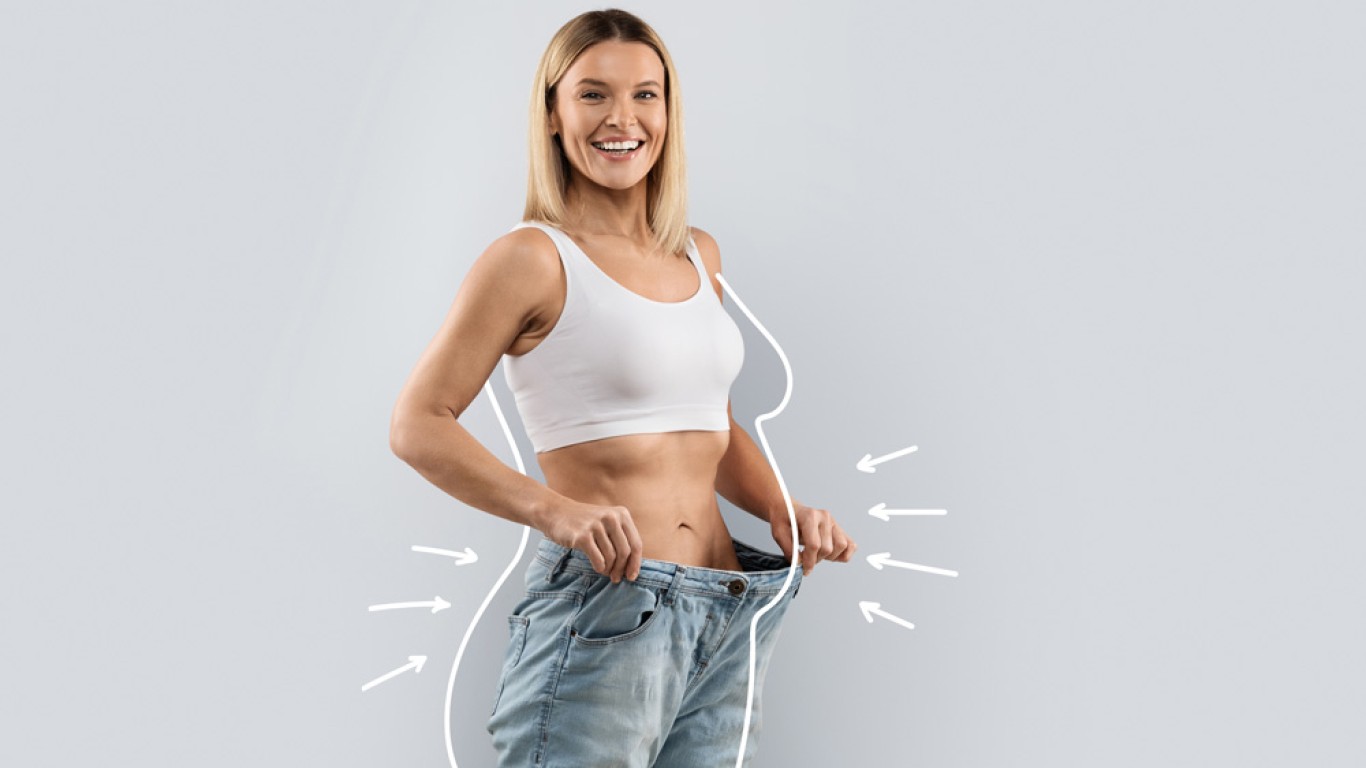Introduction
When managing type 2 diabetes, weight loss surgery can be a powerful tool to improve health. For individuals struggling with obesity-related diabetes, both gastric bypass or gastric sleeve surgeries can offer remarkable results. However, one may provide faster or more lasting effects on blood sugar control. In this article, we compare the two procedures and explain how each supports diabetes improvement. Helping you decide which option may be better suited to your needs.
Understanding Gastric Sleeve Surgery
Gastric sleeve surgery, also called sleeve gastrectomy, involves removing around 80% of the stomach. The remaining stomach is shaped like a sleeve or tube, which holds much less food. This procedure helps patients eat smaller meals and feel full faster. Additionally, it alters hunger-related hormones, which contributes to weight loss and blood sugar improvements. Gastric sleeve is less complex than bypass and doesn’t involve rerouting the intestines.
What Happens in Gastric Bypass Surgery?
Gastric bypass, or Roux-en-Y gastric bypass, creates a small stomach pouch and reroutes part of the small intestine. Food bypasses most of the stomach and the upper small intestine, reducing calorie absorption. Like the sleeve, bypass also alters hormones affecting hunger and insulin sensitivity. It often leads to quicker weight loss and more dramatic changes in blood sugar control.
How Gastric Bypass or Gastric Sleeve Affects Type 2 Diabetes
Both gastric bypass or gastric sleeve are known to improve type 2 diabetes. This is mainly due to weight loss, hormone changes, and improved insulin function. However, gastric bypass often leads to faster improvements. Patients see blood sugar levels normalise within days or weeks, before major weight loss occurs. The rerouting of the digestive tract is believed to trigger powerful metabolic changes.
Clinical Outcomes: What the Research Shows
Studies consistently show that gastric bypass has slightly better diabetes remission rates than sleeve surgery. Around 80% of bypass patients experience diabetes remission, compared to 60–70% of sleeve patients. Furthermore, bypass patients often maintain lower blood sugar and HbA1c levels long term. Sleeve surgery offers significant benefits and may be preferred based on health factors.
Gastric Bypass or Gastric Sleeve: Is One Safer Than the Other?
Gastric sleeve is generally a simpler procedure, with shorter operation time and lower complication rates. There is no intestinal rerouting, so risks of malabsorption are lower. Although gastric bypass offers greater diabetes control, it also carries slightly higher surgical risks. These may include nutritional deficiencies or complications like dumping syndrome. However, with proper care, most patients recover well from either surgery.

Speed of Diabetes Remission from Gastric Bypass
One key difference lies in how quickly patients experience diabetes remission. Gastric bypass tends to provide faster normalisation of blood sugar. This rapid change occurs even before large amounts of weight are lost. Sleeve surgery also helps, but the process is usually more gradual. This may be important for individuals needing urgent diabetes control due to complications.
Weight Loss after Gastric Bypass or Gastric Sleeve and Its Role in Diabetes Control
Weight loss directly improves insulin resistance and lowers blood sugar. Both gastric bypass or gastric sleeve surgeries help patients lose 50–70% of excess weight over 1–2 years. Bypass may lead to slightly more total weight loss, especially in the first year. This can make a difference for people with severe obesity and difficult-to-control diabetes. However, both surgeries are effective when combined with lifestyle changes.
Hormonal Changes That Support Glucose Control
Beyond weight loss, hormonal shifts are crucial. Both procedures impact gut hormones like GLP-1 and ghrelin. These changes enhance insulin sensitivity and reduce blood sugar spikes. Gastric bypass tends to create stronger hormonal effects. This is because food reaches the lower intestine faster, where hormone release is triggered. This factor partly explains the superior diabetes outcomes seen with bypass.
Gastric Bypass or Gastric Sleeve: Which Is Right for You?
Choosing between gastric bypass or gastric sleeve depends on personal health, weight, and diabetes severity. If rapid remission and stronger effects are needed, bypass may be better. If you prefer a simpler procedure with fewer restrictions, the sleeve could suit you more. A full assessment with your bariatric surgeon will help tailor the best approach based on your goals and medical history.
Other Considerations for Long-Term Success after Gastric Bypass or Gastric Sleeve
Regardless of the procedure, long-term success depends on follow-up care. This includes regular check-ups, dietary changes, exercise, and sometimes ongoing medication. Patients must also take vitamin supplements, especially after bypass. Diabetes may return if weight is regained, so maintaining healthy habits is essential. Support groups, counselling, and nutritional advice all contribute to lasting outcomes.
Combining Gastric Bypass or Gastric Sleeve Surgery with Diabetes Care Plans
Bariatric surgery should be part of a wider plan to manage type 2 diabetes. This includes coordination with your GP, endocrinologist, and dietitian. Together, they will adjust medications, monitor blood sugar, and track your health markers. If you're insulin-dependent, surgery may reduce or eliminate the need for insulin injections. This can significantly improve your quality of life and reduce long-term complications.
Conclusion
Choosing between gastric bypass or gastric sleeve depends on your diabetes goals and overall health. While both surgeries improve type 2 diabetes, bypass typically offers faster and stronger benefits. The sleeve remains an effective option, especially for those who want a less invasive procedure. Consulting a specialist will help determine the right fit for your body and lifestyle.
For more information and to book a consultation visit the ACIBADEM Beauty Center Obesity Surgery page.
Frequently Asked Questions
Gastric bypass generally offers faster and more complete diabetes remission than sleeve surgery.
Many patients see improvements within days after gastric bypass, even before major weight loss occurs.
Some patients experience remission, meaning normal blood sugar without medication. Long-term results vary individually.
Gastric sleeve is usually safer due to its simplicity, but bypass may offer better diabetes control.
Some patients stop medication, but others might need small doses. Regular monitoring is essential post-surgery.














